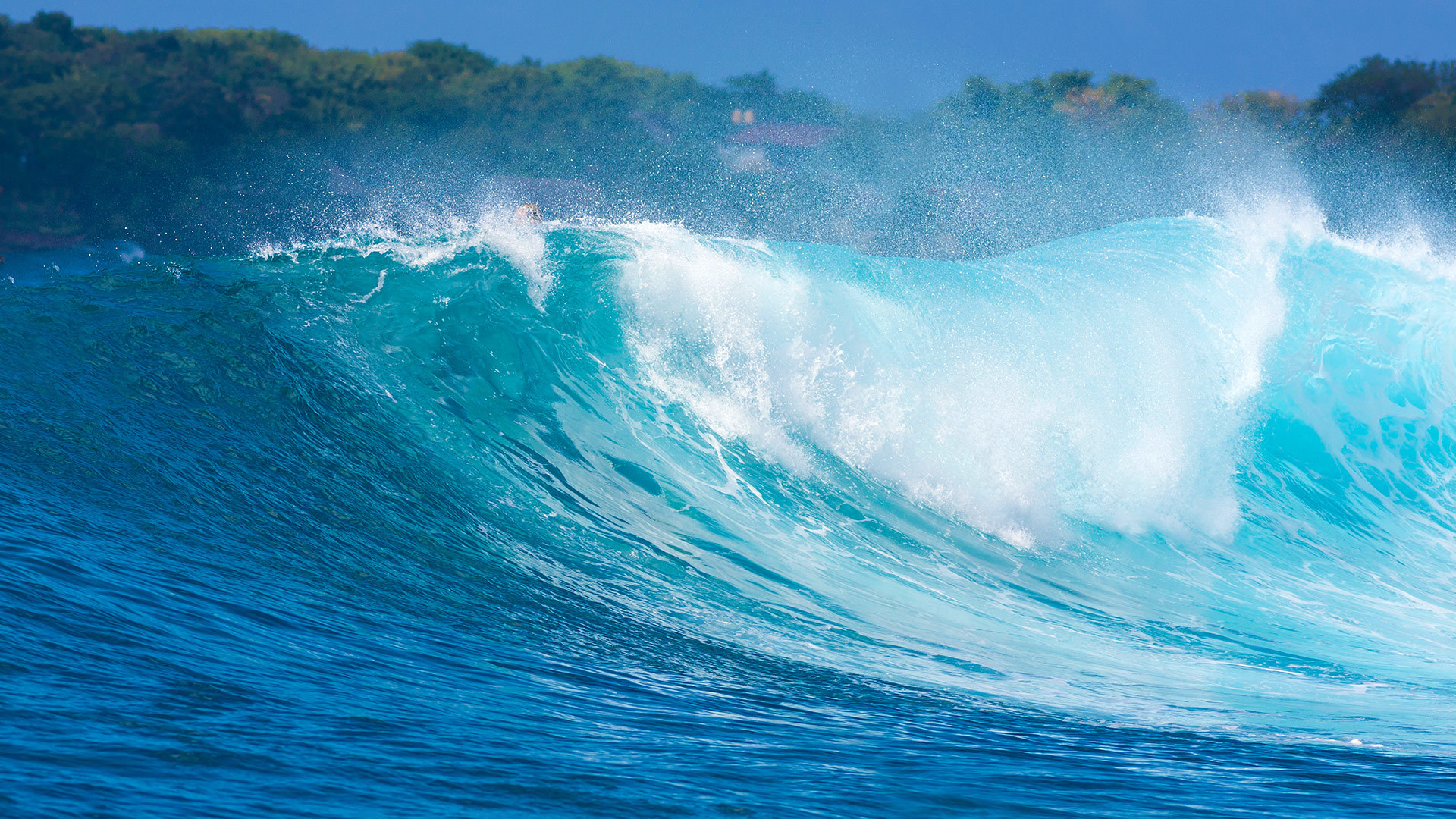Guide to Winter Maintenance of RO Membranes
With the arrival of winter, the temperature drops, causing a decrease in water production of RO membrane elements, and an increase in the desalination rate. Why is this?
As the feedwater temperature drops, the temperature of the permeated water molecules decreases. As the a result, viscosity of the water molecules increases, and the diffusion performance weakens, causing a decrease in the water production. As the feedwater temperature drops, the permeability of the solute decreases, and the desalination rate on the water production side increases.
Within the range of 15-35°C, the water production changes by about 3% whenever water temperature changes 1°C. Due to the special properties of water at 4°C (such as maximum density, and minimum volume), the temperature curve for RO membrane manufacturers starts from 5°C.
So how do we maintain our membrane elements properly in winter?
01 Membrane maintenance during system operation
① The RO system should be operated when the ambient temperature is greater than 5℃
② Increase the feedwater temperature or increase the feedwater pressure
③ When the raw water temperature is below 10℃, it is recommended to use a raw water heater to heat it to 20-25℃.
02 Membrane maintenance during system shutdown
① Keep the temperature between 5℃-45℃
② Low temperature is conducive to the preservation of membrane elements, but the system should be prevented from freezing.
03 Maintenance of unused membrane elements
① Dry membrane elements should be preserved in a cool, dry place without direct sunlight, with the ambient temperature below 45℃. However, ② wet membrane elements should be preserved between 5℃ and and 45℃.
③ If the membrane elements are frozen, they should be slowly "defrosted" at room temperature in case of damage, and pressurized operation should only be performed after they are completely ice-free.
04 Maintenance of RO Equipment in winter
① If the RO equipment is intalled indoors, the room temperature shall not be below 0℃. The equipment shall be heated if necessary.
② If the feedwater pipe cannot supply water due to freezing or the water supply is insufficient, it is prohibited to forcibly operate the RO equipment Instead, adhere to the feedwater requirements of the RO membrane elements. It is prohibited to blindly increase the pressure.
③ If the RO equipment is installed outdoors, antifreezing measures must be taken. The water treatment equipment must be stopped if the temperature falls below zero.
+86 10-83619831 | 2 | 3 | 6
Address: 1518 Liyang Avenue, Guiyang National High-tech Industrial Development Zone, Guiyang City, Guizhou Province
Marketing Center: 16th Floor, Block G, Yingkun Century, East Road, Automobile Museum, Fengtai District, Beijing

COOKIES
Our website uses cookies and similar technologies to personalize the advertising shown to you and to help you get the best experience on our website. For more information, see our Privacy & Cookie Policy
COOKIES
Our website uses cookies and similar technologies to personalize the advertising shown to you and to help you get the best experience on our website. For more information, see our Privacy & Cookie Policy
These cookies are necessary for basic functions such as payment. Standard cookies cannot be turned off and do not store any of your information.
These cookies collect information, such as how many people are using our site or which pages are popular, to help us improve the customer experience. Turning these cookies off will mean we can't collect information to improve your experience.
These cookies enable the website to provide enhanced functionality and personalization. They may be set by us or by third-party providers whose services we have added to our pages. If you do not allow these cookies, some or all of these services may not function properly.
These cookies help us understand what you are interested in so that we can show you relevant advertising on other websites. Turning these cookies off will mean we are unable to show you any personalized advertising.


